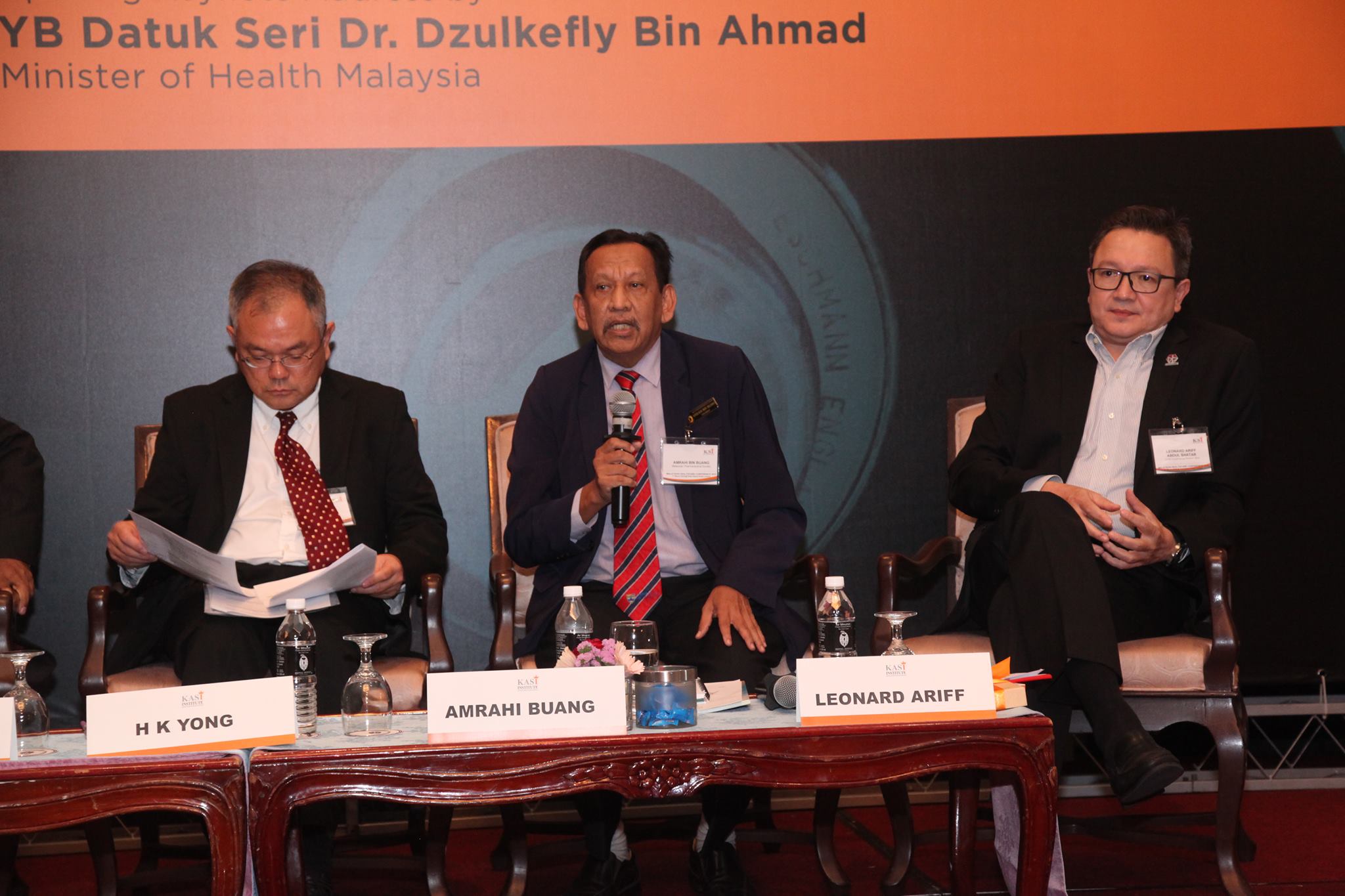KUALA LUMPUR, Dec 2 – Pharmacists’ group Malaysian Pharmaceutical Society (MPS) has given its support to proposed legal amendments that require doctors to issue prescriptions requested by patients for medicines.
MPS said that the major highlight of the Poisons (Amendment) 2019 Bill is the provision where medical practitioners must issue prescriptions to patients when they are requested.
“While MPS firmly believes that issuance of a prescription should be mandatory whether requested or not by a patient, as widely practiced in all government health care facilities, we acknowledge that this is indeed a big step forward for patient and medication safety,” MPS said in a statement.
“MPS lauds the Minister of Health, Datuk Seri Dzulkefly Ahmad, for keeping his promise to push for this during the Townhall Meeting with Pharmacists back in 8th August 2019 by amending this Poisons Act.”
Private general practitioner (GP) clinics typically do not issue prescriptions unless asked for because patients tend to purchase medicines from the same clinic that prescribes the treatments, rather than visit a pharmacy separately.
Dzulkefly, however, announced yesterday a review of the Poisons (Amendment) 2019 Bill that is scheduled for second reading in Parliament today, after doctors’ groups slammed proposed incarceration for rejecting patients’ prescription requests.
Two government MPs — Bagan Serai MP Dr Noor Azmi Ghazali and Bandar Kuching MP Dr Kelvin Yii — have said that they won’t support the Bill, expressing concern with the criminalisation of physicians, dentists, and vets for not issuing prescriptions upon patients’ request, who will face a maximum five-years’ imprisonment, a fine not exceeding RM50,000, or both.
MPS added today that the provision in the Bill where medication records can be officially kept electronically is good news for medical practitioners, and that most if not all private clinics have already been using electronic systems for their prescription books anyway.
The pharmacists’ group also welcomed a new provision in the Bill on the ability of the minister, with the approval of the public prosecutor, to compound offences under the Poisons Act to avoid prosecution in court.
“This has been a longstanding issue by pharmacists and medical practitioners alike whereby the law tends to criminalise mistakes made during practice and would definitely bring a much-needed relief for health care professionals.
“Last but not least, there is an entirely new section dedicated to regulating psychoactive plants for research, educational, experimental and medical purposes. It is still too early to tell how this will turn out but MPS believes that MOH will monitor the use of psychoactive plants properly,” opined MPS.
Correction note: The Poisons (Amendment) 2019 Bill enhanced the punishment for offences against the Poisons Act from maximum one-year’s jail, a fine not exceeding RM3,000, or both to maximum five-years’ jail, a fine not exceeding RM50,000, or both. Under the Bill, declining to issue prescriptions upon patients’ request is defined as an offence against the Act. The article has since been corrected to reflect the new proposed punishments.








